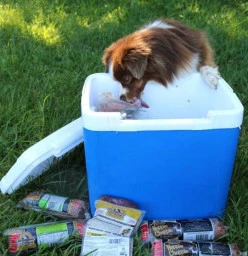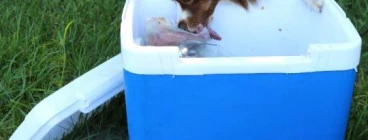- 6 Lagoon Drive, Umhlanga, Durban, Umhlanga Central, KwaZulu-Natal 4320
- 5-10 km from Verulam Central
Joint & Mobility - Pet Supplies & Services in Verulam Central (4339)
No exact matches found within 5km.
Other related businesses in and around Verulam Central (within 20km)
- Durban North CBD, KwaZulu-Natal
- 10-20 km from Verulam Central
Alpha Pet Products is a reputable company specializing in high-quality pet products, with a particular focus on sheepskin dog toys and raw food for dogs. Founded with a passion for providing pets with the best possible care, Alpha Pet Products has established itself as a trusted brand in the pet industry. Their line of sheepskin dog toys combines durability with luxury, offering dogs a satisfying chewing experience while also being gentle on their teeth and gums. These toys are crafted with meticulous... Read more
- Cnr William Nicol Drive and Broadacres Avenue, Fourways, 2055, Fourways, Gauteng 2055
- 10-20 km from Verulam Central
- Cnr Dube East and Cornubia Boulevard, Umhlanga, KwaZulu-Natal 4320, Umhlanga Ridge, KwaZulu-Natal 4319
- 10-20 km from Verulam Central
- Lot 162, Thompson Avenue, Bizana, Bizana, Eastern Cape 4800
- 2 km from Verulam Central
- 90 William Campbell Dr, La Lucia,, La Lucia, KwaZulu-Natal 4051
- 10-20 km from Verulam Central
- 332 Gopalall Hurbans Rd Tongaat, Tongaat Central, KwaZulu-Natal 4400
- 5-10 km from Verulam Central
- Kruger Rand Rd, Richards Bay, Richards Bay Central, KwaZulu-Natal 3900
- 10-20 km from Verulam Central
- Shop 4-Starwood Mall, 1-3 Andromeda Street, Phoenix, Durban, Phoenix Central, KwaZulu-Natal 4068
- 5-10 km from Verulam Central


